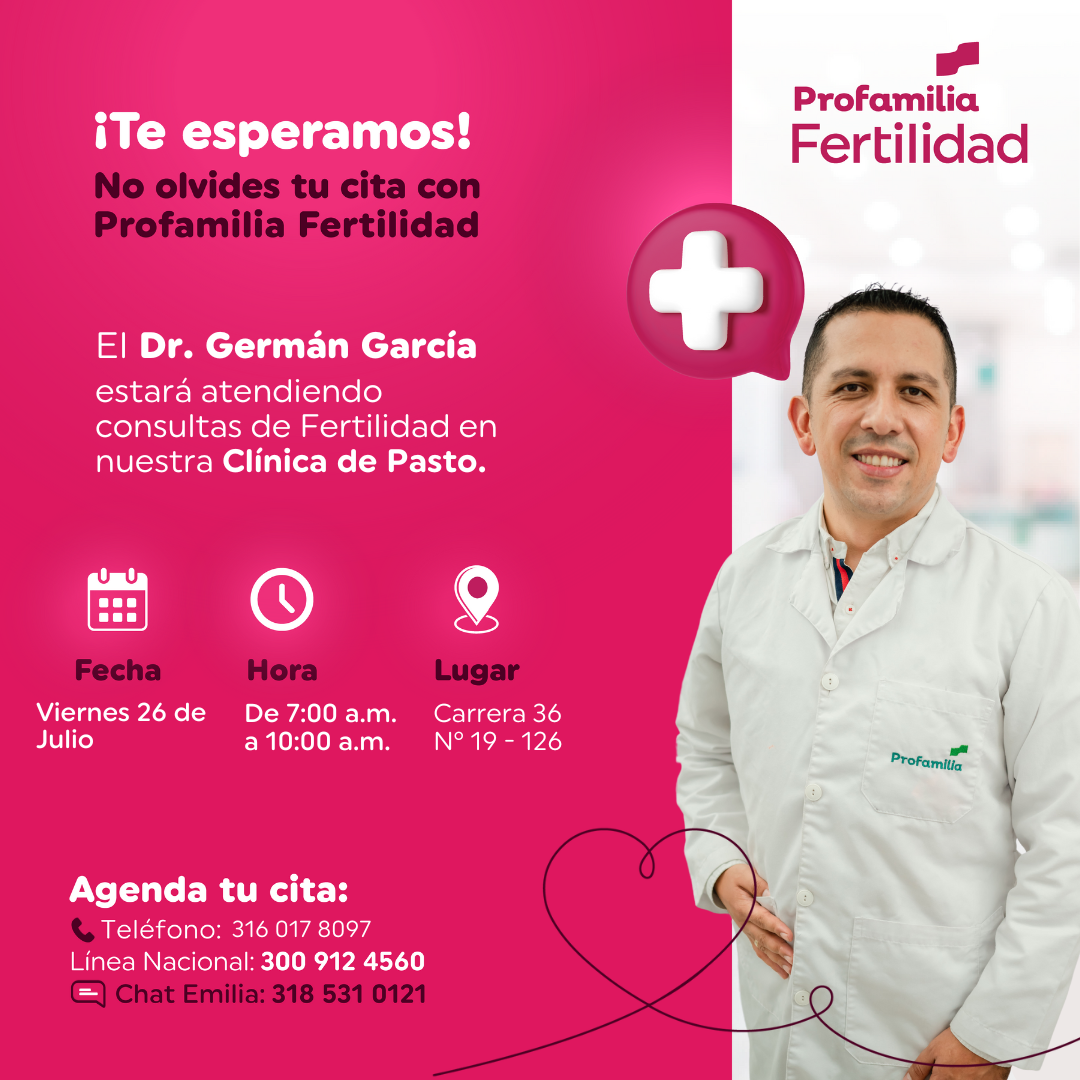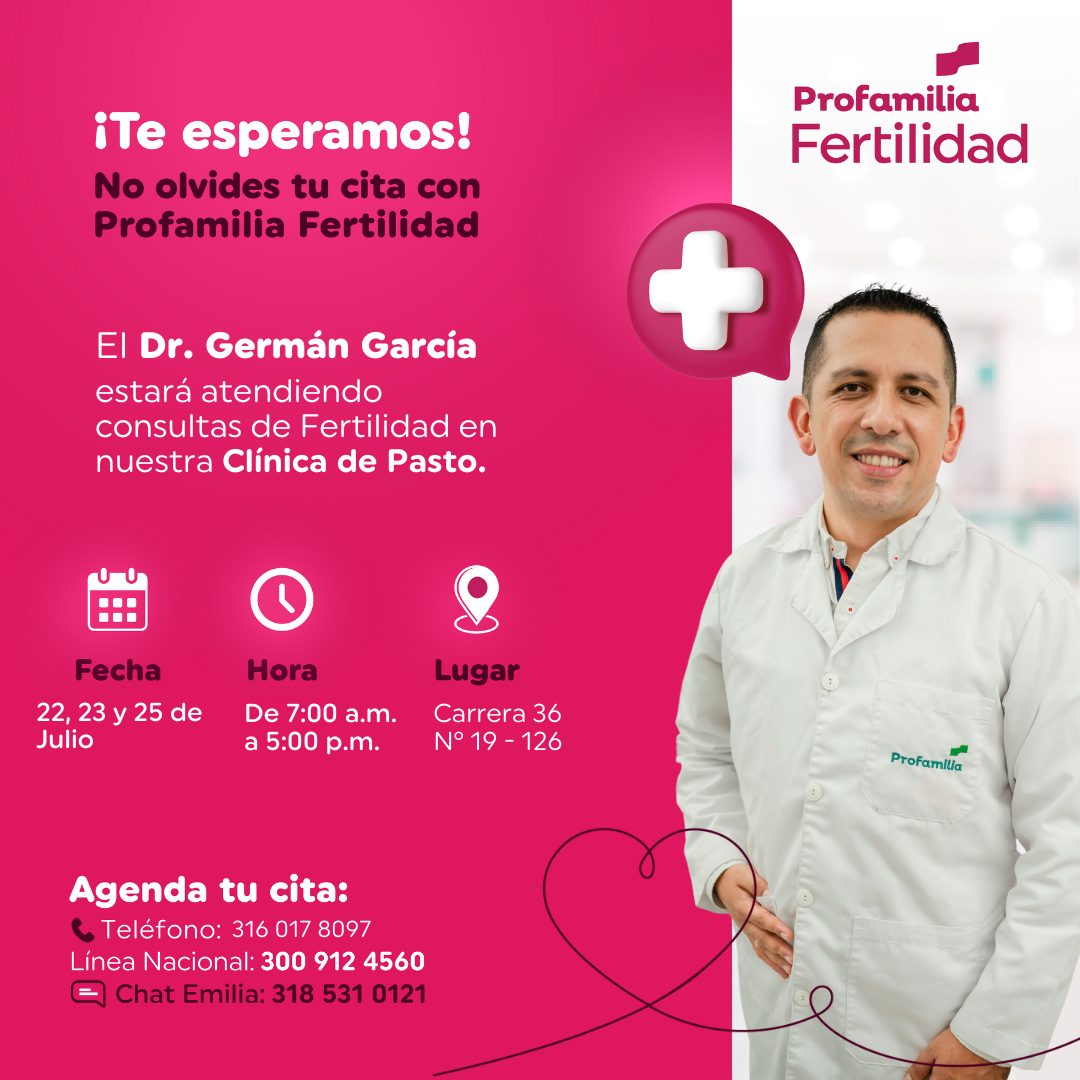Can I get pregnant if I have polycystic ovary syndrome?
On the road to fulfilling the dream of becoming a mother, one of the most common hormonal imbalances is polycystic ovary syndrome (PCOS). This condition affects the functioning of our ovaries and is due to a hormone problem that occurs during the reproductive years. With this condition, you may not have periods very often or, on the contrary, they may last for many days. You may also have high levels of androgens, a male sex hormone that promotes the development of male sexual characteristics and is usually at lower levels in women.
On the road to fulfilling the dream of becoming a mother, one of the most common hormonal imbalances is polycystic ovary syndrome (PCOS). This condition affects the functioning of our ovaries and is due to a hormone problem that occurs during the reproductive years. With this condition, you may not have periods very often or, on the contrary, they may last for many days. You may also have high levels of androgens, a male sex hormone that promotes the development of male sexual characteristics and is usually at lower levels in women.
Signs and symptoms of PCOS are usually evident during the late teens or early 20s and, in addition to irregular periods or no periods at all, may include difficulty becoming pregnant as a result of irregular ovulation or lack of ovulation, excessive hair growth (hirsutism), usually on the face, chest, back or buttocks, weight gain, thinning and hair loss, oily skin or acne. This condition is also associated with an increased risk of developing health problems.
Although its exact cause is unknown, factors that could play a decisive role are:
Insulin resistance. This hormone is produced by the pancreas and allows cells to use sugar, your body’s main energy supply. If cells become resistant to the action of insulin, blood sugar levels may rise, which could cause the body to produce more insulin to try to lower blood sugar. Dark, velvety patches of skin on the lower neck, armpits, groin or under the breasts are a sign of insulin resistance. An increased appetite and weight gain may be other signs.
Too much insulin could cause the body to produce too much of the male hormone androgen. You could have problems with ovulation, the process in which eggs are released from the ovary.
Low-grade inflammation. White blood cells make substances in response to infection or injury. This response is called low-grade inflammation. Research shows that people with polycystic ovary syndrome (PCOS) have a type of long-term, low-grade inflammation that causes the polycystic ovaries to produce androgens. This can lead to heart and blood vessel problems.
Heredity. Research suggests that certain genes may be linked to polycystic ovary syndrome. Having a family history of PCOS may play a role in the development of the condition.
Excess androgens. With this hormonal disorder, the ovaries may produce high levels of androgens. Having too much androgen interferes with ovulation, meaning that eggs do not develop regularly and are not released from the follicles where they develop. Excess androgens can also cause hirsutism and acne.
How can you know if you have polycystic ovaries? As we have seen, polycystic ovary syndrome (PCOS) is a common condition that affects the functioning of a woman’s ovaries and therefore requires medical diagnosis. Polycystic ovaries contain a large number of follicles up to 8 mm (approximately 0.3 inches) in size. These follicles are sacs in which eggs develop. If you have the syndrome, these sacs often do not grow or mature to release an egg, which means that ovulation does not occur.
To treat this condition, lifestyle changes are recommended initially.
If you are overweight, a low-calorie, sugar-free diet combined with moderate exercise activities is suggested. A modest reduction of this, for example, losing 10% of your body weight, could help in the improvement of this condition. In addition, it may increase the effectiveness of medications.
There are also medications to regulate your period, your health care provider may suggest: metformin, to reduce insulin resistance, combined birth control pills, progestin therapy. He or she may also recommend clomiphene, letrozole or gonadotropins to help you ovulate if you want to get pregnant. That is why it is important that you consult your doctor to find out if you have this condition and what treatment you need, because polycystic ovary syndrome is one of the most common causes of female infertility. In fact, many women discover that they have it because of the difficulty in getting pregnant.
Remember that during each menstrual cycle the ovaries release an egg. This process is known as ovulation and generally occurs once a month, but those who have polycystic ovary syndrome do not ovulate or do so infrequently, which means that their periods are irregular or absent and that is why it is difficult for them to conceive a baby.
Solve all your doubts with Profamilia Fertility, remember to consult as soon as possible to provide you with the most appropriate treatment.
#Let’s make it happen, together we will make the dream of having a child possible!



